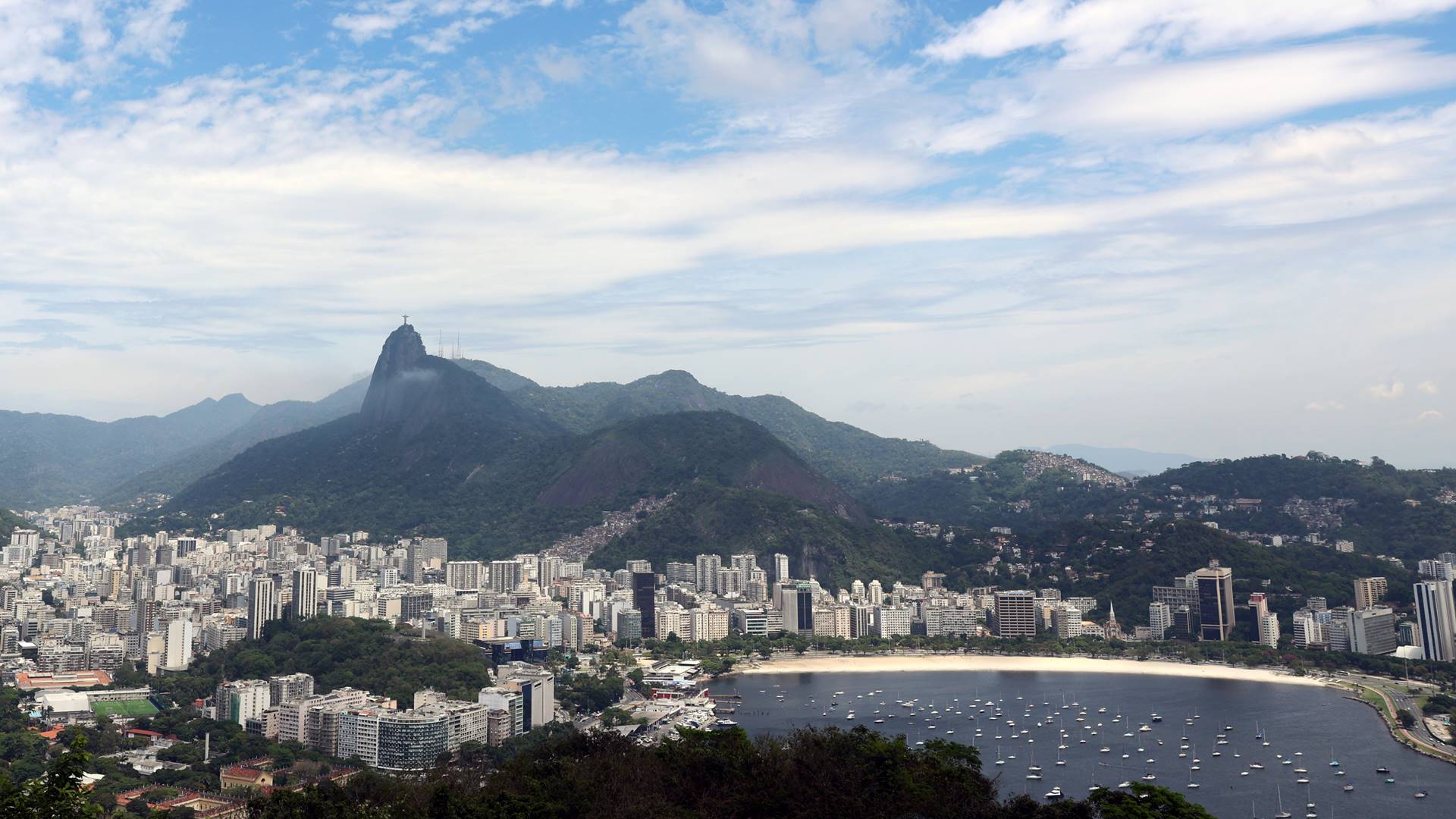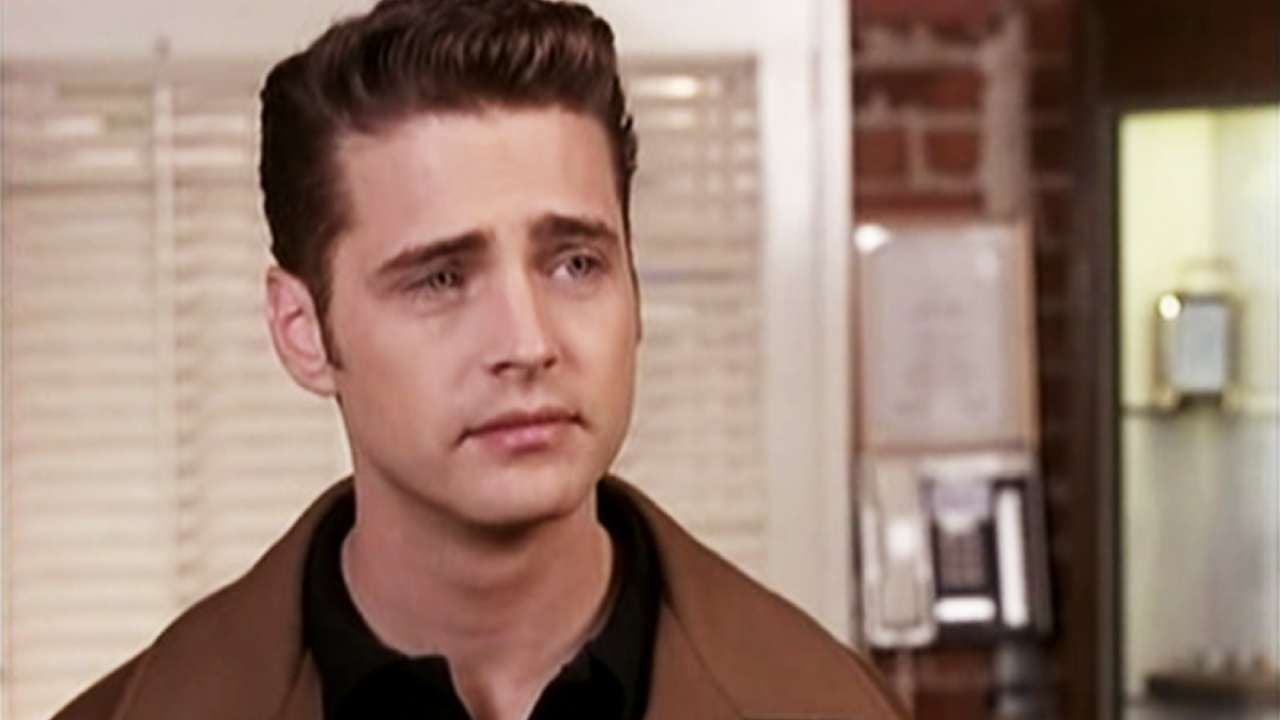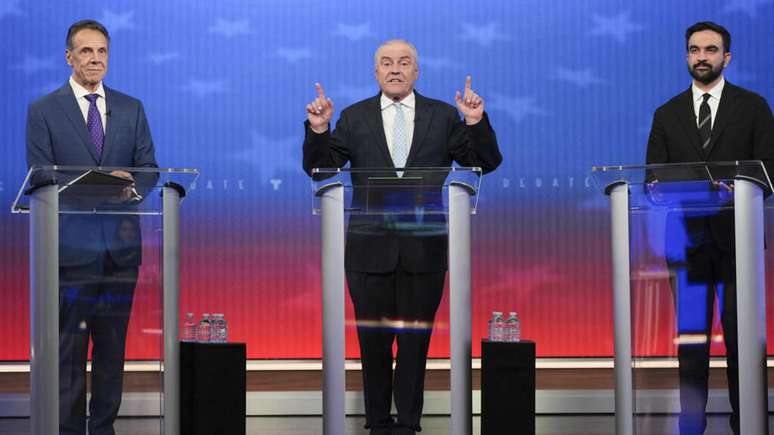The city is being left behind in the calendar of international shows even by Curitiba and Brasília, considerably smaller cities
Rio de Janeiro is the most famous city in Brazil. A well-established tourist destination, it hosted the 2016 Olympic Games and is home to the country’s most traditional music festival, the Rock in Rio. Even so, in recent years he has found himself out of the international concert circuit for several of the main international artists.
A report from Bernardo Araujo published by the newspaper The Globe last Friday, the 31st, pointed out how Rio de Janeiro will only host three large international shows in the near future: Dua Lipa in November 2025, Bryan Adams in March 2026 and The Weeknd in April/May 2026. Names like Guns N’ Roses, Oasis, Linkin Park, Weezer, Imagine Dragons, Limp Bizkit, Kornamong many others, will no longer pass through the capital of Rio de Janeiro.
The general assessment is that the city is being left behind especially by Curitiba, which has a smaller population and does not have the same tradition in tourism.
The newspaper brought together experts to analyze why this is. The testimonies show how there are a series of factors that contribute to this drought. Check it out below.
1) Lack of large event venues
The big difference for São Paulo to become an attractive destination for international shows, in the experts’ view, is the presence of a perfect stadium for this type of presentation. THE Allianz Parquehome of Palmeiras, has become the favorite destination for foreign artists since its opening in 2014.
In an interview with O Globo, Bernardo AmaralCEO of the Rio music venue Qualistage, explained how Rio’s stadiums have their problems compared to Palmeiras’ home. He said:
“Allianz Parque is a well-located stadium, easily accessible, with all the facilities for shows. The world of music, here and abroad, already knows about it, so tours end up directed there. In Rio, as Maracanã is only available outside of the football season, in December and January, the option is Engenhão, which suffers a lot of rejection from the public. I don’t know why they don’t use Apoteose anymore.”
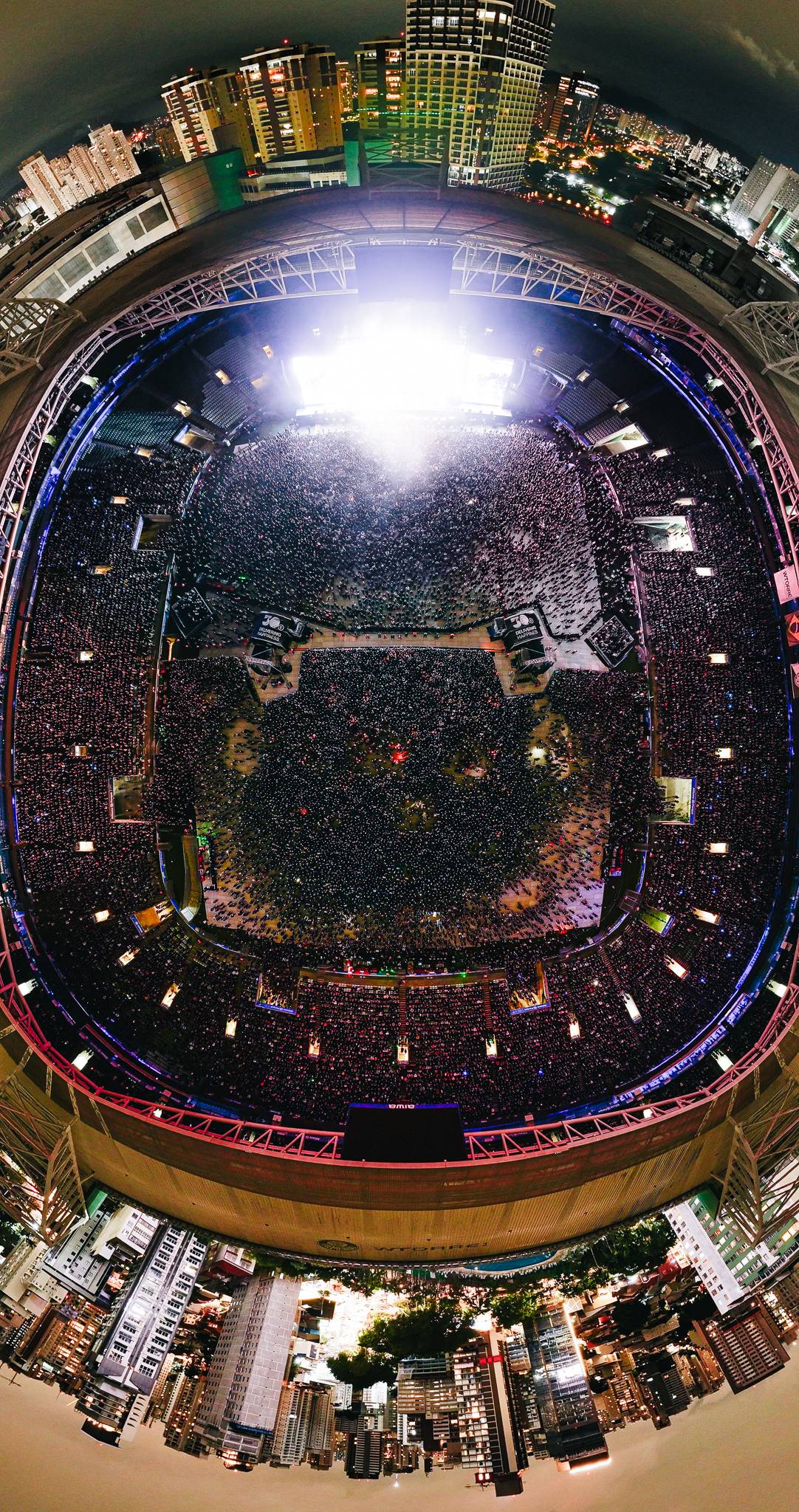
Engenhão, popular name for the Nilton Santos Stadium, is located in the North Zone of the city, and there are transport problems getting to the place. There is no metro station nearby, only the SuperVia train, which requires a change in the city center for those coming from the South Zone.
Green Day had a date scheduled there in September, when they came to Brazil to play at The Town festival, in São Paulo. Unfortunately, they canceled the Rio show. The reason offered publicly was a scheduling conflict, as Botafogo, the managing football club, would need to use the stadium on the day. However, local radio reported that ticket sales were low.
2) Lack of audience
Other experts also point out the absence of small and medium-sized spaces in the city. Not every artist is capable of filling a stadium, and many cannot even fill Rio’s medium-sized arena, the Farmasi Arena, with a capacity of up to 19 thousand people.
The DJ Melvin Ribeiroa well-known figure in the Rio underground, pointed out a show by REM 2008 as evidence of public apathy. He listed a number of factors that contributed to this, such as the lack of events dedicated to the genre and larger alternative spaces:
“There were about two thousand people there to see a band that had closed a night at Rock in Rio for around 150 thousand seven years before. Rio had rock parties, like Loud! and Maldita. Today we have Áudio Rebel, which is wonderful, but holds 80 people. I was happy to see Turnstile filling Sacadura 154 [em abril de 2025]it was an hour in line to get in.”
3) Lack of local perspective
Bernardo Amaral It also placed responsibility on the producers. The executive stated that those responsible for these big shows do not have offices in the city, and do not seem to know the local market.
This view is unwittingly corroborated by José MunizCEO of Mercury Concerts, responsible for the most recent arrival of Guns N’ Roses and the Monsters of Rock festival. The businessman stated that Rio de Janeiro’s beach is unique due to the presence of free public events. The shows in the Todo Mundo no Rio series currently only take place once a year, and only started in 2024.
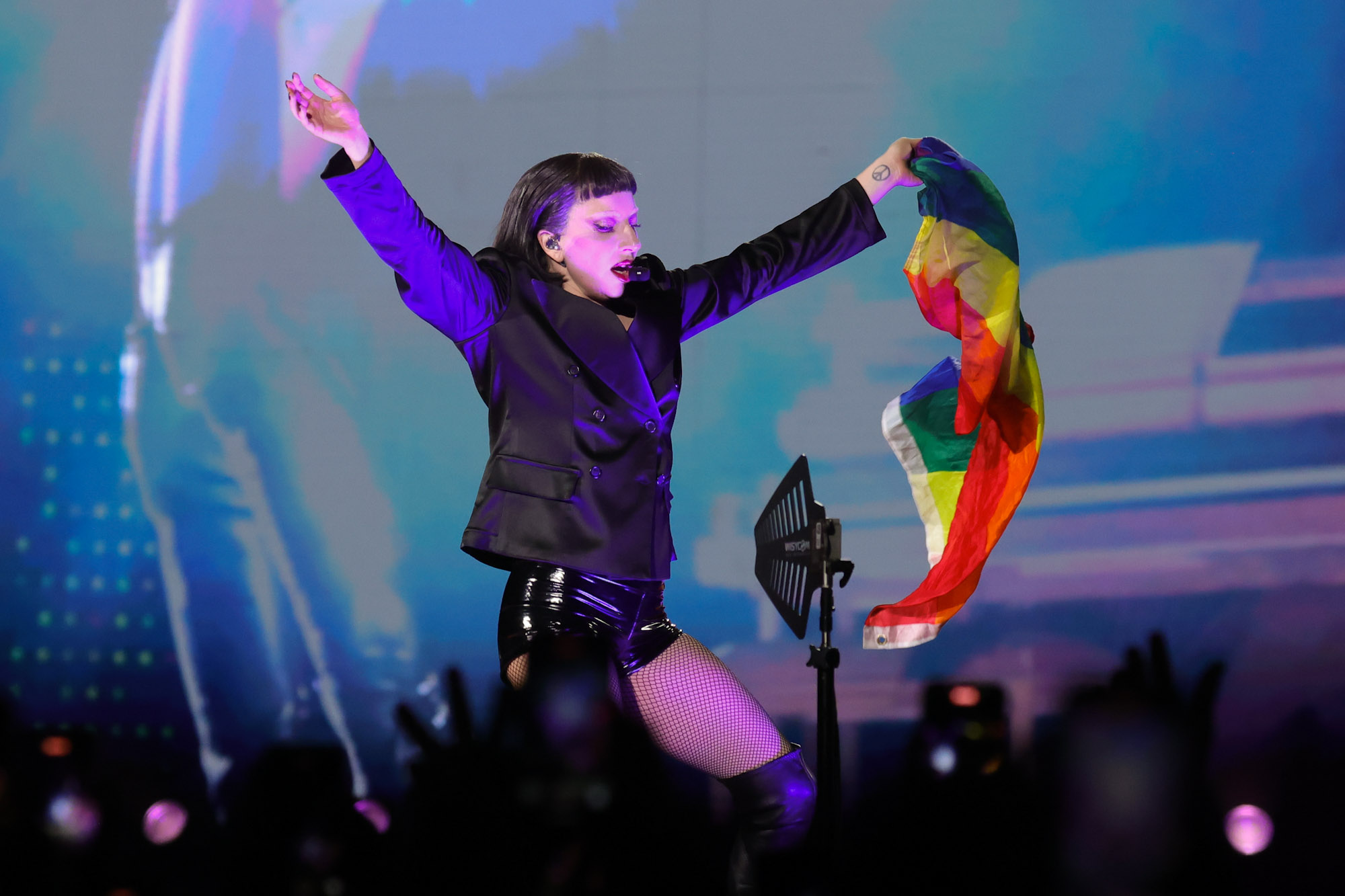
4) Security
Muniz also made a point of highlighting the security problem in Rio de Janeiro. Although the city is constantly in the headlines for issues involving urban violence, it is not the only place in the country that suffers from this reputation.
When the National Football League announced it would play regular season games at the Neo Química Arena in São Paulo, several professional American football players expressed displeasure at being forced to come to Brazil. The reason given was the country’s lack of security.
In 2026, the NFL game in Brazil will not be in São Paulo. The event was moved to Maracanã.
5) Lower convenience fee
The last factor raised is economic. Rio de Janeiro has laws that limit the charging of a convenience fee on top of the ticket price, to protect the Rio consumer. While in the rest of the country it is allowed to reach up to 20% of the full price, in the capital of Rio de Janeiro the ceiling is just 10%.
Second Luiz Guilherme Niemeyerfrom Bonus Track, the producer responsible for the arrival of Lady Gaga and Madonna to Copacabana beach, this limit “represents a financial imbalance when all production costs are added together”.
There is hope
One factor that several interviewees pointed out, however, is that there is room for improvement. The Jockey Arena, a space created in 2023, has the capacity to host medium-sized international shows in the South Zone of the city. Since some of the cases mentioned, the issue of urban mobility has changed drastically, making travel to the West Zone less complicated.
Furthermore, experts said they have heard from foreign producers that interest in Rio de Janeiro for shows exists. It’s just a matter of resolving the city’s image on the market.
![]()
-
Rio de Janeiro
-
shows in Brazil
Source: Rollingstone
Earl Johnson is a music writer at Gossipify, known for his in-depth analysis and unique perspective on the industry. A graduate of USC with a degree in Music, he brings years of experience and passion to his writing. He covers the latest releases and trends, always on the lookout for the next big thing in music.

